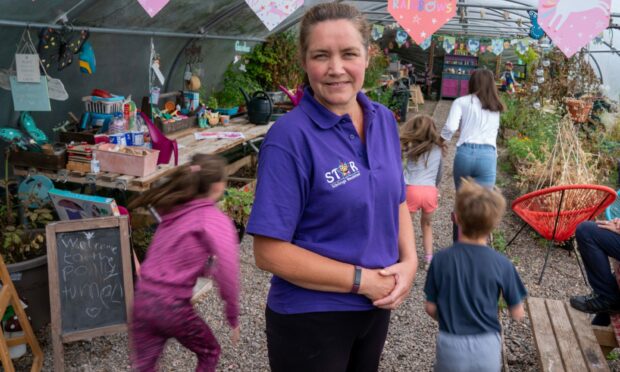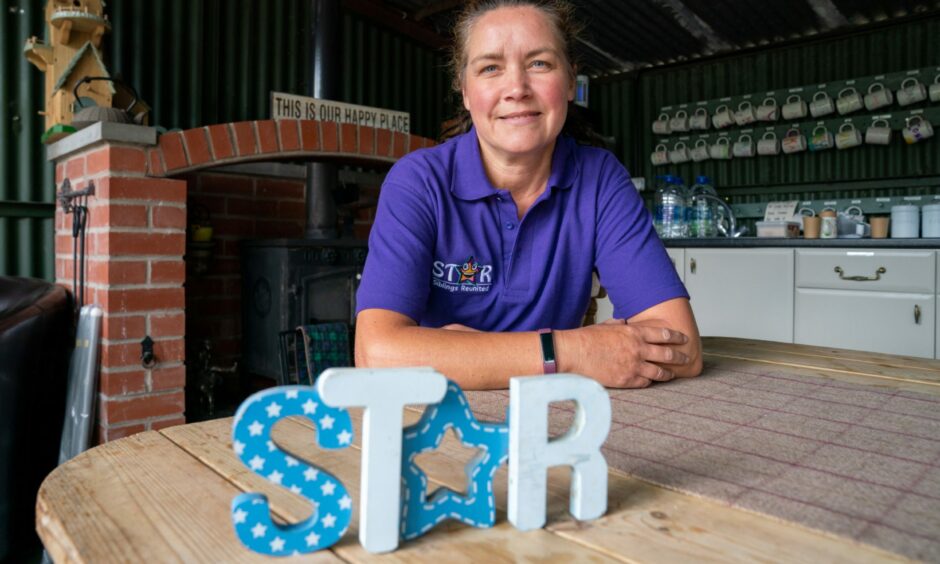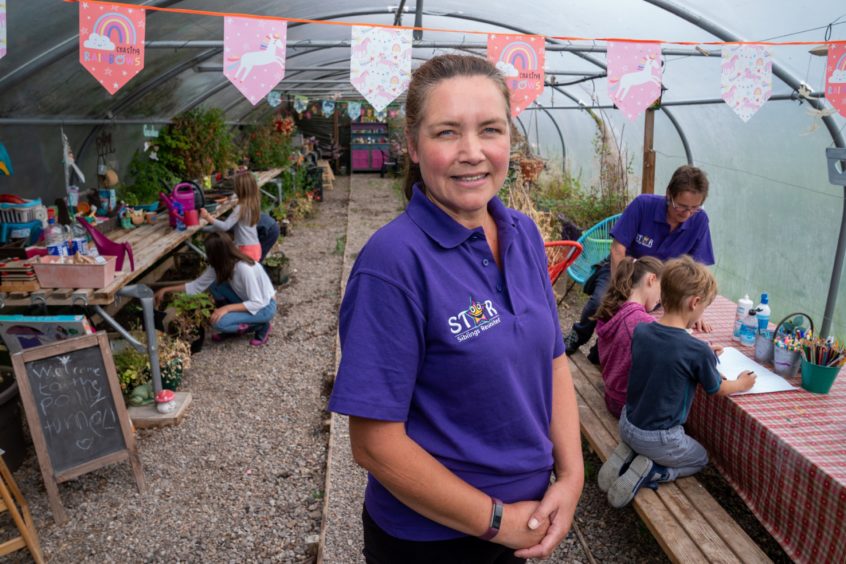Bonds between brothers and sisters can last a lifetime.
But often they are severed when siblings enter the care system – potentially adding to their trauma.
So introduction of legislation to keep siblings in care together where possible has been described as a “monumental day” by a foster carer who specialises in maintaining such relationships.
Karen Morrison is founder of STAR – Siblings Reunited, a Fife-based charity which provides a place for brothers and sisters living apart to spend quality time together.
She has fought for years for the rights of children in care and is part of the Stand Up for Siblings campaign which persuaded the Scottish Government to make the change in law, which came into force on Monday.
She said: “This is going to make sure that special bond is nurtured and remains.”
Research has indicated that seven out of 10 children in the care system – most commonly there due to abuse or neglect – live apart from at least one of their brothers or sisters.
The changes, Karen said, will ensure that these children have more rights than ever before, and are explained in a short film created by STAR.
Importance of sibling bonds
She said: “It’s only 50% of the way, but it’s massive getting these changes in law and legislation.
“The other 50% is going to be changes in practice and we’re going to keep fighting and stand up for siblings.”
Illustrating the importance of keeping siblings together in care, she told of two teenagers she fostered on an emergency placement.
The pair were sharing a bedroom and Karen said: “I remember knocking on the door to check on them, and not only were they in the same room but they were cuddled together in the same bed.
“Life sucked for them at that time but they had each other.”
Life sucked for them at that time but they had each other.”
Karen Morrison, STAR – Siblings Reunited
She described separating children from their siblings when they have to leave their family home due to trauma as a “double whammy” and added: “That’s what it feels like to them, that’s what they tell us often.”
“I remember a young person saying ‘I don’t think we would have managed at home if we didn’t have each other’.
“Then you think, separated they don’t see each other, they leave the care system – imagine if they had that bond, that strength, would they have made better choices in life?”
What does the new legislation mean?
The legislation places a duty on local authorities to ensure siblings are supported to stay together where appropriate.
Where it is not suitable for brothers and sisters to live together, steps should be taken to help them stay in touch with each other and to nurture their relationships.
Maintaining relationships of separated children is where STAR comes into play.
It welcomes around 100 children a month, but Karen is unaware of such a service existing anywhere else.
Based on a farm near Cupar, it allows brothers and sisters to maintain and grow emotional bonds by meeting for a couple of hours each month in a safe and fun setting.
Children overcome their trauma by building campfires on the nearby beach together, playing games in the wigwam and helping to tend the vegetables and animal.
Relationships with their brothers and sisters is vital to their sense of belonging and to their wellbeing.”
Children’s Minister Clare Haughey
As the legislation came into force, Children’s Minister Clare Haughey said: “All children need the same things to thrive – a stable home, strong support and steady, loving relationships.
“We know through speaking to children and young people that the relationships with their brothers and sisters is vital to their sense of belonging and to their wellbeing.
“Thankfully, most siblings who experience care away from home are now placed together, but where that is not possible, it is important that those precious bonds are protected and nurtured through spending time with each other.”












